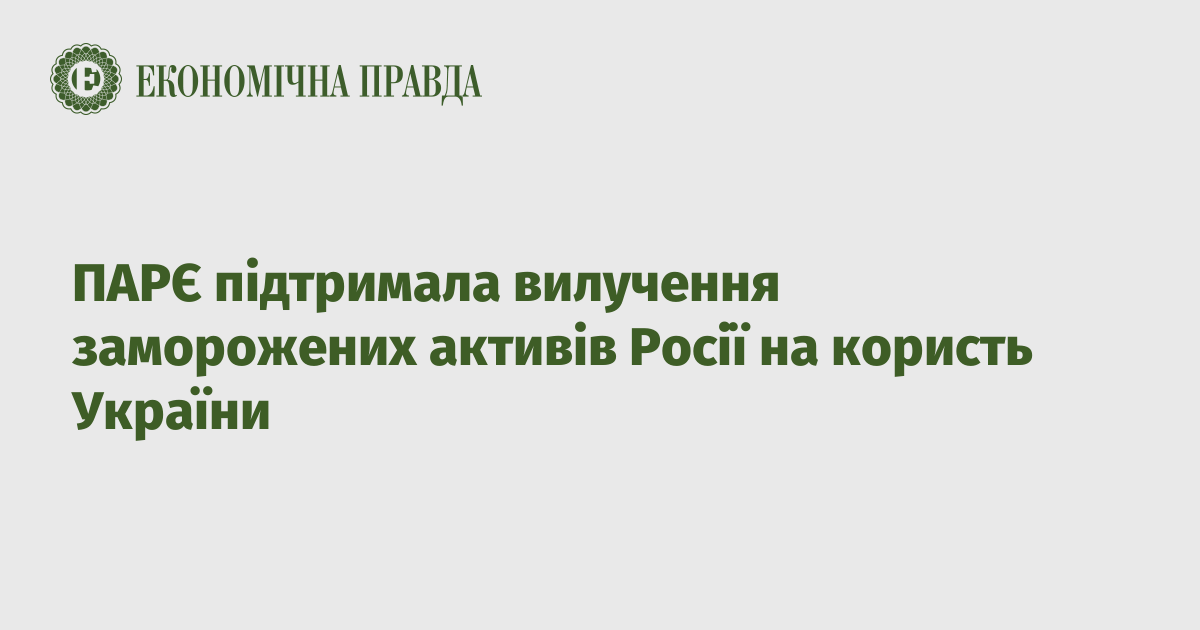Lviv teaches. How to create an effective adult education system in Ukraine

According to official data, more than 250,000 displaced persons live in the Lviv region. Most of them are still unemployed. For example, among IDPs in the city of Lviv, only about 30% work. People want to work, but it is difficult to get a job in western Ukraine if you have been a metallurgist at Azovstal for years. At the same time, 70% of the displaced people in Lviv are residents of the industrial regions – Donetsk, Luhansk, and Kharkiv. The answer is one – to gain new knowledge and skills. And this is possible only if there are opportunities for adult education in the country. In recent years, I have consistently advocated for the adoption of the bill “On Adult Education”, which the Verkhovna Rada adopted in the first reading in January. I am convinced that the responsibility for creating opportunities for retraining of citizens should be shared between the central and local authorities. Recently, we signed a memorandum with Lviv OVA: Lviv Oblast became the first to start developing an adult education strategy at the regional level. It is interesting that even before the Great War, the Lviv region was among the leaders in the development of adult education. One of the examples is Lviv libraries. These are not outdated Soviet cabinets with yellowed books! For example, “Urban library” made an incredible impression on me – modern design, ambitious young team, many ideas. And the city also has “Garden Library”, “Media Library” and other interesting projects. Reading books is far from the only thing people do in Lviv libraries. Here you can listen to a lecture, watch a movie premiere, take a photo shoot in the filming space and even play board games. There is also a co-working space with a kitchen, where you can work and warm up a sandwich during the break. Of course, there are also books here. Moreover, each library has a certain profile, and the literature in them is collected with an emphasis on the relevant subject. The “Urban-library” contains books on architecture, urban planning, and urban planning. The garden library, accordingly, offers materials on horticulture, plant growing, and floristry. But the most interesting thing is that on the basis of these libraries, educational activities for adults are organized, which are visited by several thousand citizens every year. This is what adult education in its modern understanding can look like. And it is for this that we adopt the law “On adult education” and develop regional strategies for its development. Someone will ask: why these laws, memoranda, strategies? After all, the mentioned libraries already work without them. Yes, they work, but as pleasant exceptions to the unpleasant rule. On the shoulders of enthusiasts, in a certain conflict with legislation and without state support. It’s like comparing hitchhiking and public transport. It’s one thing to stand on the side of the road and wait to see if you’ll be lucky enough to stop a “companion” in the right direction and the driver won’t extort the last money from you. It is quite different when the city has an extensive transport system with a convenient schedule, transparent tariffs, travel tickets, equipped stops, route diagrams. In adult education, we are trying to create an effective system, instead of the current unsystematic “hitchhiking”. What should change? First, you will know that such a system exists. Today, not every resident of Lviv knows that in the libraries of the city you can not only read, but also study. And now people will know about all the opportunities in the Lviv region for both professional and personal development. Secondly, my amendment to the bill provides that access to state funding will be provided on a competitive basis regardless of the form of ownership of the adult education provider. It should be noted that currently only communal and state educational institutions have this right. The state annually allocates at least UAH 2 billion for adult education. The lion’s share of them goes to salaries, utilities and other operating expenses, not to education. At the same time, the administrative costs of some private providers of services in the field of adult education do not exceed 15%, and this is with the best quality of educational programs. But local authorities are puzzled as to how to legally involve them in training residents without violating current legislation. And since it is almost impossible, communities have to “disguise” spending on adult education under other articles (for culture, information policy or youth). There is even an idea to integrate documents on the acquisition of adult education in “Diya” – as now diplomas on higher education are already integrated there. We will negotiate this with the Ministry of Digital Affairs. Of course, inclusion in “Action” should be a voluntary matter of each organization, if it does not receive funding from the budget. In parallel, we will work with other regions on regional strategies for the development of learning and adult education. I hope that we will experience the first real results of the new system already this year. The matter is not easy, but we have no other choice. Lifelong learning is not a fad, but a condition for survival in today’s fast-paced world. Yulia Hryshina, head of the subcommittee on higher education of the Committee on Education, Science and Innovation of the Verkhovna Rada of Ukraine, specially for UP.Zhyttia Cover photo: GettyImages Publications in the “View” section are not editorial articles and reflect the author’s point of view only.
Original Source Link











